
No, China doesn’t Have a Free Market Economy
Next week, China will meet to determine who will lead the Communist Party for the next five years.
Before then, market regulators have been working tirelessly to make sure stocks remain stable.
Investors have been halted from excessive share selling and the Chinese government is manipulating the market with state-backed investment funds to keep it from fluctuating.
“Beijing’s calming efforts appear to have worked so far. The Shanghai Composite Index, China’s main equities benchmark, has gained 0.7% since the start of September, just before regulators commenced their campaign to ensure what many local media are predicting will be a “victorious” 19th Communist Party Congress. On Wednesday the market closed up 0.2% following listless trading,” write The Wall Street Journal. “The relatively small movement in stocks recently continues an unusually calm year in China’s equity markets. In line with other major international markets, volatility in Chinese stocks has dropped to multiyear lows. The Shanghai market has moved up or down by more than 1% on only 10 trading days this year.”
The Journal points out that China’s market is anything but “free.” Regulators have received tremendous pressure to keep the markets calm.
“Last month China’s securities regulator summoned the heads of several large brokerages for meetings to instruct them to help ensure market stability ahead of the coming party congress, according to two people familiar with the situation,” writes The WSJ. “At a subsequent meeting on Sept. 25, the head of the China Securities Regulatory Commission, Liu Shiyu, called on fellow senior officials at the regulator and major stock exchanges to keep the markets calm pre-congress, urging them to understand the importance of doing so “from the height of political consciousness.”
Fund managers have been advised against selling more shares than they buy. Brokerages have been instructed to monitor their clients’ accounts to make sure they aren’t doing anything unusual.
“We need to send in a report to the exchange at the end of every trading day to say that everything is OK,” said an executive at a Shanghai-based brokerage.
Because of this, firms have been working longer hours and even on holidays to put out any potential fires or handle risks.
On Monday, Shanghai index opened up 1.6%. But, in response, the state-backed funds teams dumped large financial stocks to keep the market from swelling.
“The funds sold shares of large-cap companies, including banks and China United Network Communications Ltd., said the people, who asked not to be identified because the information is private. Before Monday, the funds had been buying stocks to support the market after S&P Global Ratings cut China’s sovereign credit grade, the people said. Their share purchases on Sept. 22 and the following week included Unicom and other large-cap companies,” writes The Economic Times.
The Chinese government started to intervene in 2015 when the $7.7 trillion market was much more volatile. Since then, state-backed funds have been much more active during important political events. The market is now at $8.6 trillion.
Even though the Chinese government has successfully been able to rig the markets and keep it “calm,” this can have a devastating impact in the long run.
“It will make Chinese retail investors even more dependent on the government in the future. Whenever the market falls, they will blame you,” said Amy Lin, senior analyst at Capital Securities. “How can they grow up in such an environment?”
Xi Jinping is expected to be “elected” as the leader again, so it’s unlikely that the government will stop manipulating the stock market to its advantage anytime soon.
Editor’s note: This makes direct comparisons with the market economies of the free world difficult. They are notorious for manipulating their currency, and it seems an open secret that they are now manipulating their stock market. Could there be other points of manipulation designed to fool the rest of the world, or critical weaknesses they have managed to hide? or investors and fund managers with a short risk window, perhaps this
For investors and fund managers with a short risk window, perhaps this is fine. But eventually foreign investors will take it in the shorts when the facade starts to crack.


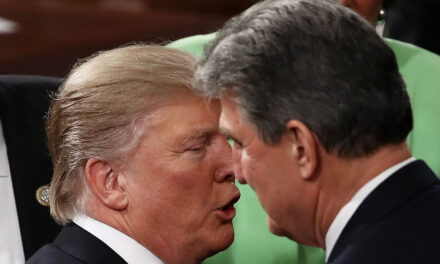
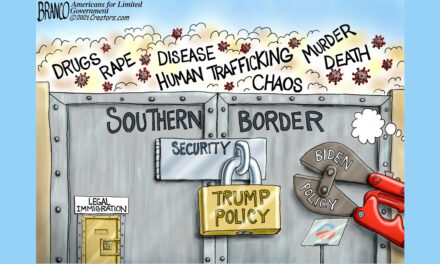
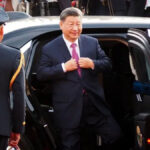

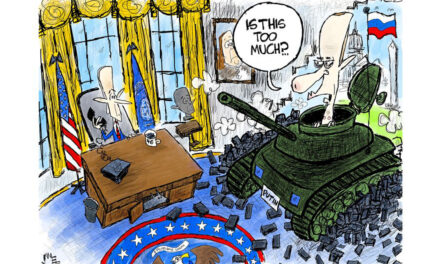






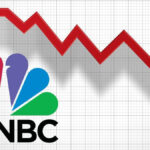




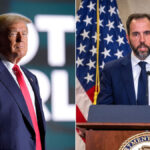
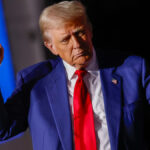


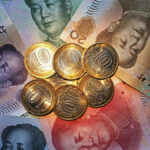



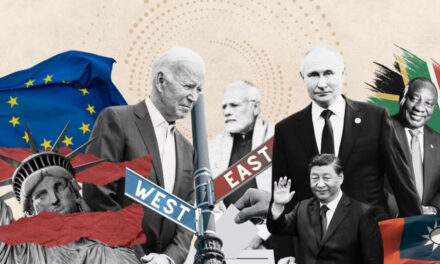

If ya'll say so, E.D., then it must be so. MSNBC vs PBP challenge and compare. Scandals, they pop up…
Whoops, I meant Robert.
I was referring to Roger being mentally unhinged. He's the one that was ranting. Hell, I support Trump. I don't…
Your daughter
I noted in another post that if I were king of the forest....... I would pardon all the non-violent 1/6…